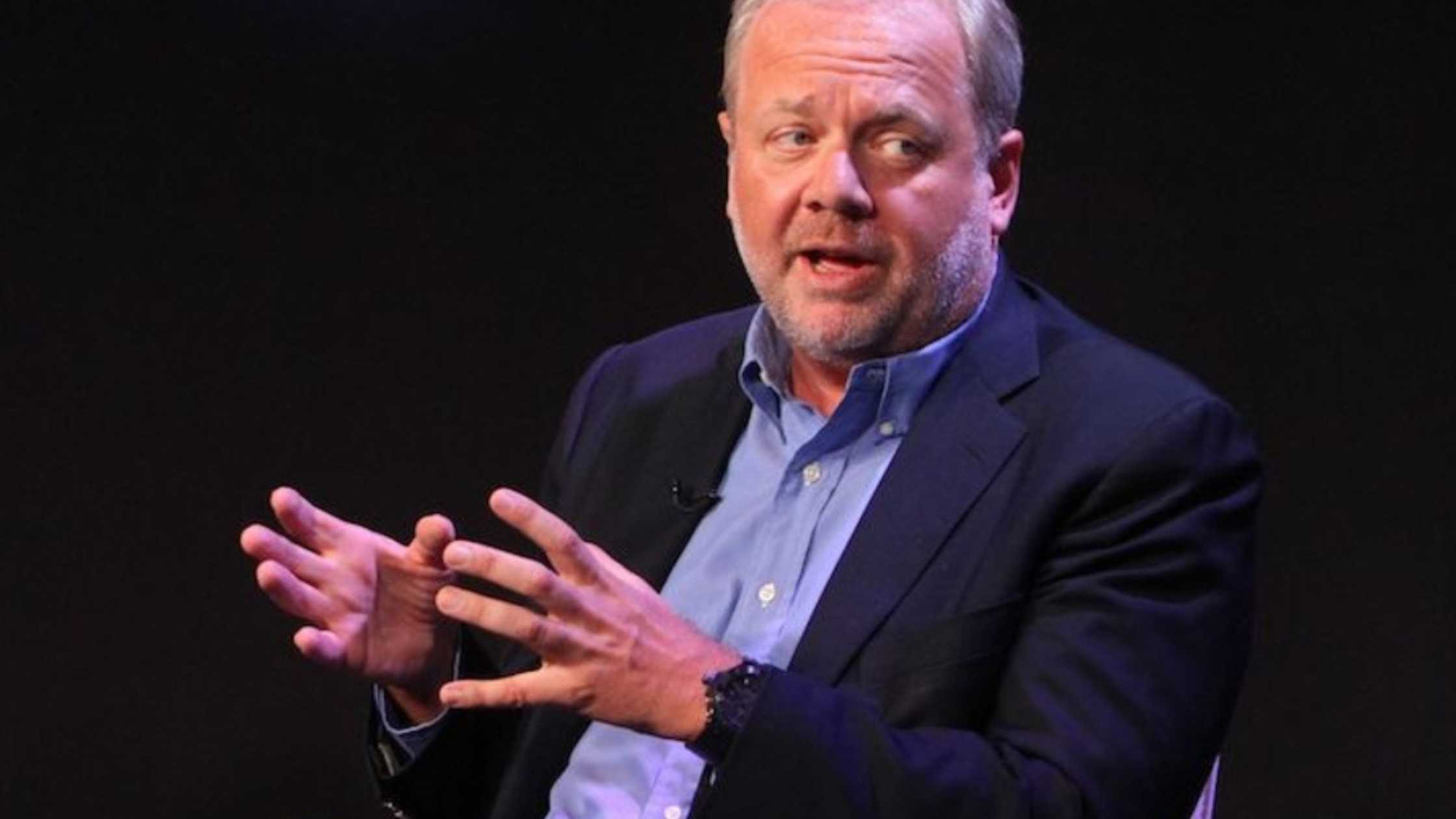The modern marijuana industry is headed toward massive consolidation that will eventually feature just a handful of companies atop a global supply chain, predicted Curaleaf Executive Chairman Boris Jordan during an appearance at an investor forum this week.
Jordan, speaking during Cannavest at MJBizCon in Las Vegas, told audience members that a close friend of his in the tobacco industry noted that the U.S. cannabis industry needs overlap in the supply chain to make products cheaper for consumers. That likely would lead to a similar supply chain model as tobacco, with only about four companies dominating the global market.
“This industry has to consolidate. There’s no way there’s going to be 35, 40, 50, or 100 cannabis companies ten years from now,” Jordan said. “It’s probably going to be three to four large operators, all of whom are probably going to be closely following what the tobacco industry has done, in terms of their supply chain and costs, to earn a very healthy margin.”
Jordan said what makes the biggest tobacco companies so dominant is that they share resources and differentiate only on brands.
“They all use the same packaging. They all use the same paper. They all use the same machines. They all use everything the same, and they have different brands,” Jordan said of tobacco companies such as Altria and Philip Morris.
Jordan said the tobacco companies “were able to bring (their) margins and costs so low that even in a high-tax environment, they earn a very healthy margin.”
Given what he hears from Curaleaf’s lobbying team in Washington, D.C., he said such a monumental shift may be closer than many think. They indicate that the SAFE Banking Act still has a chance of becoming law this year and that the Biden administration is focused on rescheduling cannabis within the next two years.
“We’re hearing from our people in Washington (D.C.) that they’re targeting a 2024 rescheduling of cannabis, from Schedule 1 to 3, 4, or 5,” Jordan said, adding that “there’s genuine bipartisan going on with SAFE Banking.”
He said that if those two reforms pass, “the two biggest impediments for the industry are gone,” referring to the 280E provision in the federal tax code and banking restrictions.
Jordan warned, nodding to the industry’s financial difficulties: “If we don’t get SAFE, you’ll see swaths of companies go out of business next year.”
Jordan indicated that even the SAFE Banking Act would not be enough to bring publicly traded U.S. cannabis companies into profitability.
“If we get SAFE, we’re going to have a major reevaluation, but the real reevaluation will be when we get 280E (repealed). Because people need cash,” Jordan said, adding, “This industry, at some point in time, is going to be a dividend-paying industry.”
Overall, the Curaleaf executive projected optimism about the chances for U.S. federal reform and about the opening of new markets in the next 12 months, particularly Germany, which is poised to legalize recreational cannabis.
“If they move and pass this, which we expect they will… that’s going to be almost an earthquake in the cannabis sector,” Jordan said about German legislation to launch an adult-use marijuana market. “I’m very excited. I think the way Germany goes, eventually the rest of Europe goes.”
Disclaimer: https://www.greenmarketreport.com/curaleaf-chairman-cannabis-should-emulate-tobacco-oligopoly/
Posted by: Times Of Hemp, TOH, #TOH, #TimesOfHemp https://timesofhemp.com/





